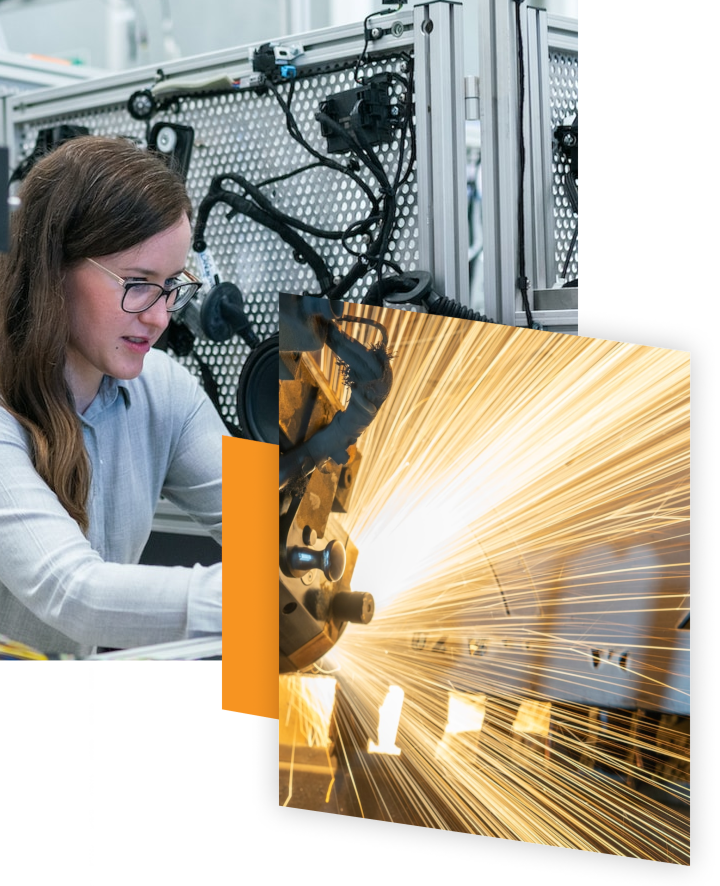Latest News
From industry trends to building exceptional teams and everything in between. Our goal is to ensure you are informed, no matter what your role or level - from CEO to the production floor.

- Address
Pioneer Selection Ltd
First Floor - Unit 5, Hertsmere Industrial Park, Chester Road, Borehamwood, Hertfordshire, WD6 1LT
- Phone
0333 307 7777
Whitepapers
© 2025 Pioneer Selection
Site by